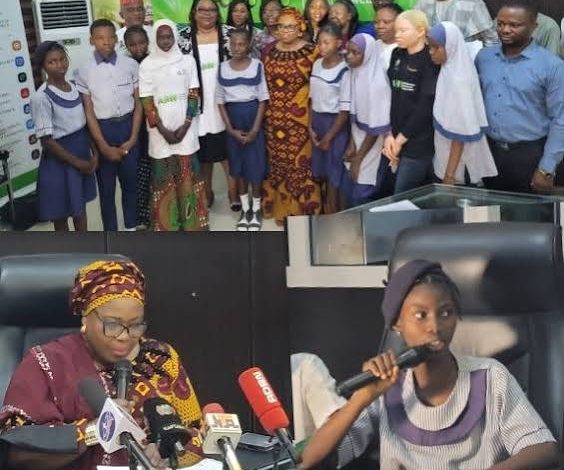FG strengthens youth health policies to secure adolescents’ future

The Federal Government (FG) has reaffirmed its commitment to improving the health and well-being of Nigerian youths through coordinated interventions targeting mental health, nutrition, and sexual and reproductive health.
Dr. Izaq Salako, Minister of State for Health and Social Welfare, made the announcement on Saturday at the University of Ibadan Research Foundation (UIRF) 2025 Stakeholders’ Forum.
The forum, themed “Strengthening Resilience in Adolescents’ and Youths’ Development in Africa”, was held at Trenchard Hall, University of Ibadan.
Describing the youth population as Nigeria’s greatest asset, Salako warned that without strategic investments in their health, education, and empowerment, the country risks losing its demographic dividend.
He highlighted rising substance abuse among youths, noting first-time usage is now occurring as early as ages 12 to 14.
Depression and anxiety were identified as leading causes of school dropouts, risky behavior, and productivity losses valued at over N2.1 trillion annually.
On nutrition, Salako revealed that 32 per cent of adolescents are stunted, 11 per cent wasted, and 15 per cent underweight, creating a “double burden” of under- and overnutrition due to rising obesity levels among urban youths.
He outlined several government interventions, including National Mental Health Policy (2021–2025) and School-Based Mental Health Programme, National Adolescent Health Policy (2022), National Suicide Prevention Initiative, which has handled over 42,000 crisis calls, Adolescent and Youth-Friendly Health Services, reaching over 3 million youths in the past two years among others.
“Every society is judged by how it treats its young people. They are both our present and our future,” Salako said, urging a “new paradigm of resilience” that goes beyond disease prevention to empowering youths to thrive despite adversity.
He also called on research institutions to collaborate with the government to co-create youth-informed strategies and establish a National Adolescent Health Data System.
Professor Babatunde Salako, former DG of the Nigerian Institute of Medical Research and chairman of the forum, emphasised the interconnection between mental health, nutrition, and reproductive health, noting that deficiencies in one area often affect the others.
He called for actionable outcomes, stronger data, and public–private partnerships to build holistic youth resilience.
Professor Kayode Adebowale, Vice-Chancellor of the University of Ibadan, represented by Deputy VC Professor Juwon Arotiba, reaffirmed the university’s commitment to advancing research and programs that support adolescent health.
Rt. Hon. Chevalier Itsueli, Chairman of the University of Ibadan Research Foundation, represented by Prof. Adenike Emeke, highlighted the shared responsibility to nurture and protect the resilience of young Nigerians.
The forum therefore called for translating ideas into measurable impact to ensure that Nigeria’s youth can thrive physically, mentally, and socially.



